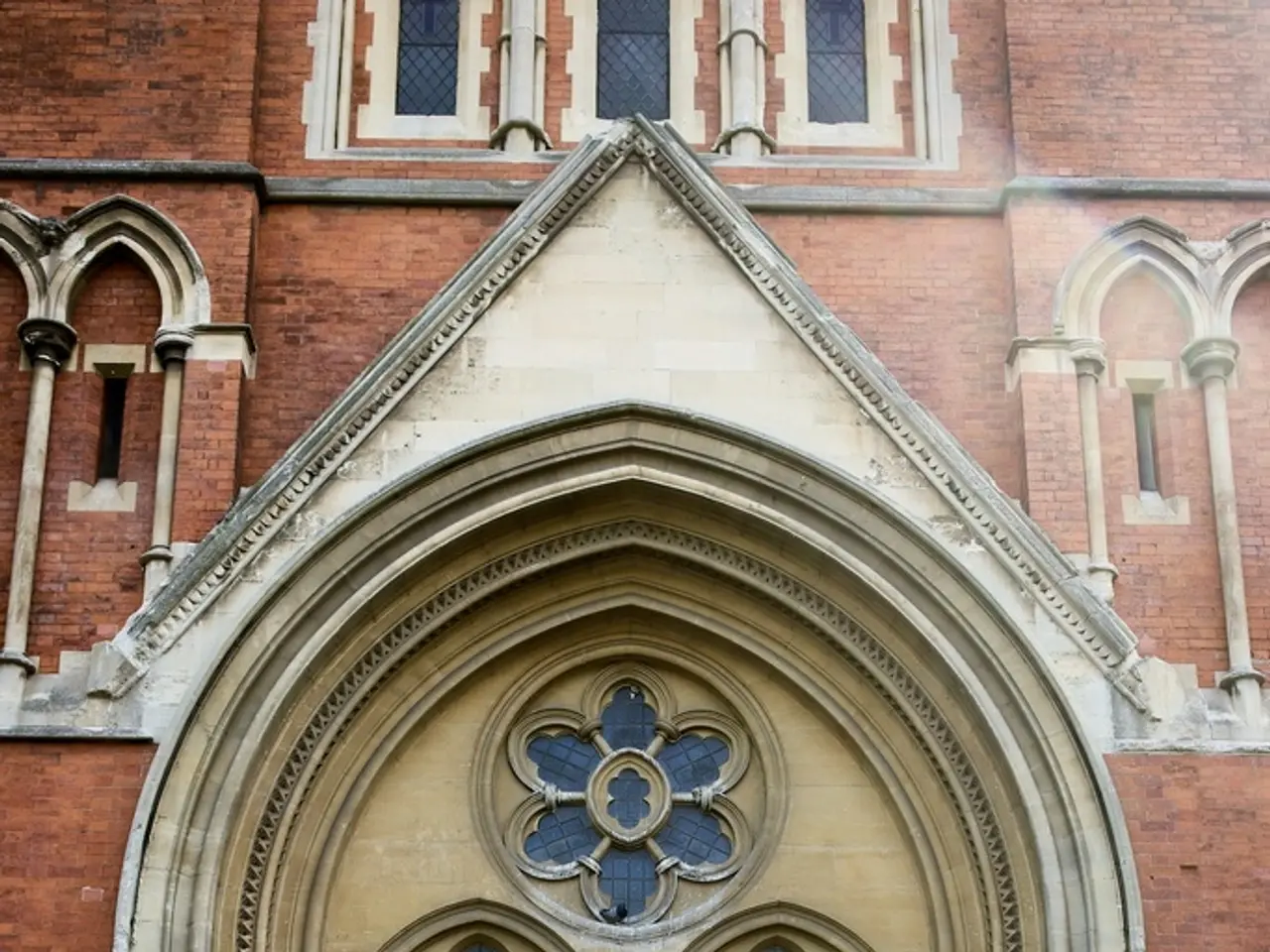China's 'super-embassy', a potential source of significant risks, jeopardizes the UK's security and integrity.
China's Proposed "Super-Embassy" in London Sparks Concerns Over Secret Basement
London, United Kingdom - Plans for China's largest embassy in Europe, slated for the historic Royal Mint site near the Tower of London, have sparked controversy due to the inclusion of a secret basement whose purpose remains undisclosed.
The basement, labelled as "redacted for security purposes" in planning documents, has raised concerns that it could be used for espionage or other covert activities. The embassy's proximity to key communications infrastructure, such as the Wapping Telephone Exchange, has further heightened British security fears.
UK Deputy Prime Minister Angela Rayner has demanded full disclosure from China regarding the purpose of the 'redacted' rooms, giving China two weeks to respond. However, China has so far refused to provide complete blueprints, arguing that existing submissions suffice.
The proposed embassy, spanning over five acres (or 20,000 square metres), will contain living quarters for at least 225 Chinese Communist Party (CCP) members. The CCP purchased the 200-year-old, heritage-listed Royal Mint for £255million in 2018.
Opposition to the embassy's construction has come from various quarters, including Tower Hamlets Council, the Metropolitan Police, London mayor Sadiq Khan, and home secretary Yvette Cooper. Critics argue that the embassy could be used as a base for CCP harassment of Chinese dissidents on British soil, an issue that has been established in past incidents, such as a pro-democracy activist from Hong Kong being severely beaten in China's embassy in Manchester in 2022.
Despite the opposition, a chorus of Labour ministers, including foreign secretary David Lammy, has publicly expressed support for the embassy. However, Keir Starmer, the current UK prime minister, has faced criticism for potentially waiving the plans through to placate China. His leadership has been characterised by some as undermining the UK's national interests in favour of foreign powers, as evidenced by his Chagos Islands deal and Brexit 'reset'.
As the decision on the embassy's construction rests with the UK government, the next few weeks are likely to see intense scrutiny and debate over the potential risks and benefits of the proposed "super-embassy" in London.
- The controversy surrounding China's proposed embassy in London has prompted discussions about identity politics, as some view it as a potential threat to British democracy and free speech.
- The proposed embassy, if built, could become a focal point for culture clash, given the conflicting values between China's Communist Party and Western democracies regarding general-news topics such as human rights and political dissent.
- The issue of cancel culture has also been a point of contention, with some alleging that efforts to suppress criticism of China could stifle free speech in the UK.
- The "super-embassy" debate has transcended party lines, with members from both the Labour and Conservative parties engaging in heated debates over national security, foreign relations, and the balance between democracy and diplomacy.






